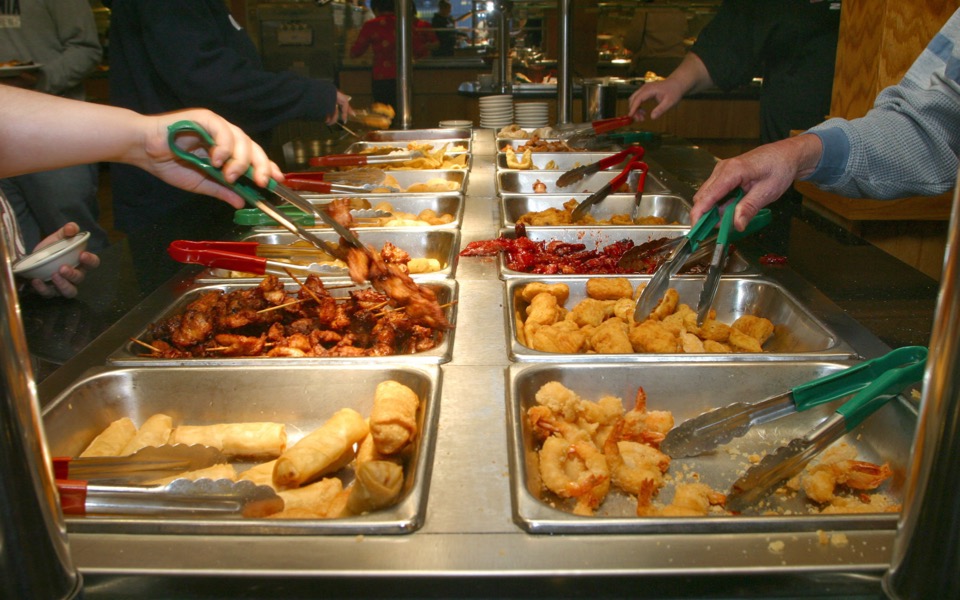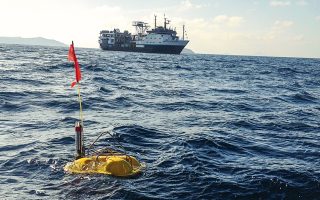WWF initiative seeks to bring end to food waste

The Greek branch of the World Wide Fund for Nature (WWF) has launched an initiative in cooperation with Unilever Food Solutions aimed at curbing food waste at three hotels.
Starting in late May and ending this month at Grecotel Cape Sounio in Attica, Aquila Rithymna Beach Resort in Rethymno, Crete, and the Athens Marriott, WWF introduced a system whereby the hotels keep a detailed daily record of waste, both in terms of food quantities thrown out during the preparation process and after the buffets or restaurants close, as well as guests’ leftovers.
“It was quite shocking when I realized how much waste we had. Almost all the guests only eat half of what they put on their plates and the rest ends up in the trash,” says Sakis Tzanetos, the chef at Grecotel Cape Sounio.
“We want to make hotel staff more aware, to create a new culture and philosophy, but also to inform guests about why we’ve launched this initiative,” explains WWF’s Vicky Barboka, who’s responsible for the program.
“If the customer understands that this is being done for the sake of sustainability and in respect for all of the things the planet gives us, they may start to appreciate food differently.”
Athens Marriott chef Yiannis Tsounas is determined to make the program a success. “We want to send a message, with what little influence we have, that we need to take better care of nature’s gifts.”
The initiative involves leaving a note for guests on the tables, at the buffets and elsewhere urging them not to select more than they can eat, while also introducing changes to how food is presented and served (reducing plate and serving platter sizes, providing individual portions, better storage etc). Another useful tool has been to introduce more made-to-order dishes.
Two years ago, the same program was implemented at 10 American hotels, helping them curb food waste by between 17 and 38 percent.
“By reducing the cost of waste, businesses can reinvest the money in improving their services. They can also manage the time of their staff better, because food waste also means wasted man hours for the person who prepared it, as well as resources such as water and gas,” says Barboka.
According to recent studies, food production is the number one threat to the environment today and has led to the loss of 70 percent of biodiversity.
Worldwide, food production uses up 34 percent of the planet’s land and 69 percent of its clean water, while it also accounts for 24-30 percent of greenhouse emissions.
For Periklis Alexandrakis, chef at Aquila Rithymna Beach, food waste has troubled him for years, but he felt unequipped to deal with it. “I didn’t have the data or the tools,” he says.





